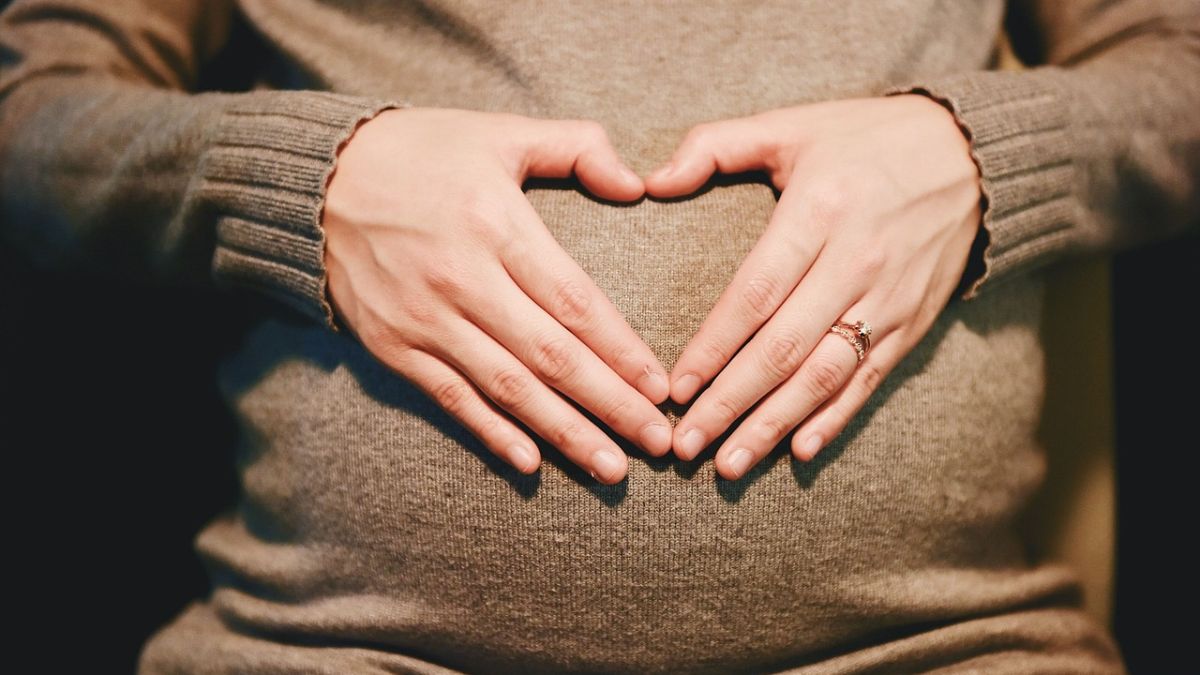For a long time, Japan has sought to ease the pain of having children.
The country, which has had the most generous childcare leave policies in the world, has increased its spending on childcare and offered incentives like raising the income cap for child cash benefits.
Now, Japan’s capital is going one step further by subsidising epidurals for women during childbirth, according to several media reports.
But what do we know? Why is it doing so?
Let’s take a closer look:
What do we know?
First, let’s take a brief look at epidurals.
According to the American Pregnancy Association, epidural anaesthesia is a type of regional anaesthesia.
Epidurals block nerve impulses from the lower spinal segments, which reduces sensations in the lower half of the body.
As per Japan Times, Tokyo has said it will be looking to offer the subsidy in the January 2025 fiscal.
This would make it the first city in Japan to offer women this option.
Tokyo authorities say they want to bring in the subsidy “as early as possible.”
They said a budget proposal will be submitted at the metropolitan government assembly next month.
Tokyo Governor Yuriko Koike had made such a pledge when running for office last year.
Why is Japan doing so?
Japan, like South Korea and China, is pulling out all the stops to convince its citizens to have children.
According to The Independent, Japan’s birthrate hit a record low of 1.20 in 2023.
Impact Shorts
More ShortsTokyo, where the birthrate fell under 1, was the most severely hit.
The country needs a birthrate of 2.1 to maintain its population.
Japan, among developed nations, also has one of the lowest rates of births using epidurals.
As per Tokyo Weekender, 11.6 per cent of women who gave birth in Japan in 2022 used epidurals. That number was at 5.2 per cent in 2017.
A 2020 survey showed that just 8.6 per cent of women gave birth during epidurals, according to The Independent.
But why is this the case?
As per Tokyo Weekender, many women simply cannot afford epidurals – which cost between $635 (Rs 54,000) and $1270 (Rs 108,000).
According to Asahi.com, this is on top of the price of a normal delivery in Japan – which was at $3,949 (Rs 3.39 lakh) in 2023.
The government gives a childbirth allowance of $3,159 (Rs 2.71 lakh).
Koike told the Asahi Shimbun on January 6, “Looking at the situation around the world, painless deliveries are quite common.”
She said she came up with the idea after speaking to a woman official in the Tokyo metropolitan government.
“I’ve heard many people say that they had their first child and never want to experience the same pain they felt again,” Koike said in June as per Japan Times.
“In that sense we must protect the mother’s body and at the same time create an economy and support system where women would want to have a second and third child.”
The piece in Tokyo Weekender noted that Koike’s policy puts the spotlight on the much neglected issue of women’s reproductive rights.
“If successful, the initiative could put pressure on other prefectures to follow suit, finally bringing Japan closer to global standards in maternal care,” the piece noted.
However, not everyone is in favour.
Kohsuke Nagai, an Ebina city assembly member in Kananaga Prefecture, told Japan Times such a programme might cause people from around the country to relocate to Tokyio – thus increasing the pressure on the city.
Gynecologist-obstetrician Song Mihyon, meanwhile, raised the possibility of anesthesiologists being recruited by big Tokyo hospitals – thus leading to a shortage in other areas around the country.
NHK Japan in 2023 had reported that the country faced a shortage of anaesthesiologists – which also contributed to the low use of epidurals during childbirth.
With inputs from agencies


)

)
)
)
)
)
)
)
)



